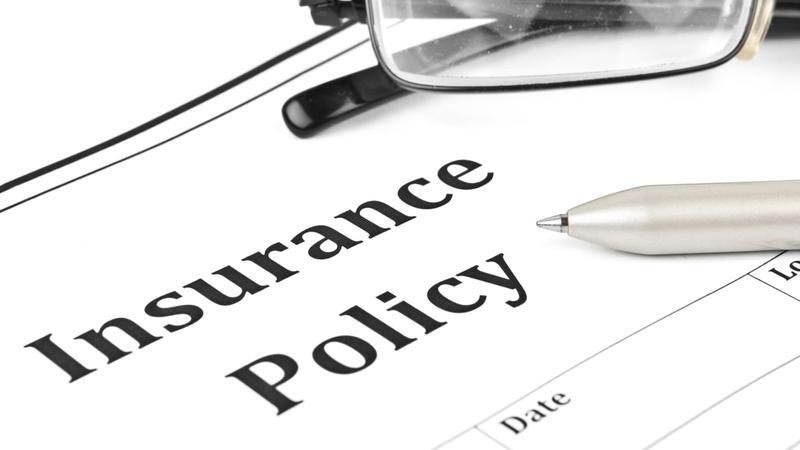There is a lot to know about your auto or home insurance policy, but a few things top the list of important considerations both when shopping for a new policy and when reviewing your current one. Making certain that you have the right coverage and that you know what your benefits are in the event of a claim will not only protect your biggest investments – your home and you car – but also help you to make sure you’re paying a fair rate for the coverage you need.
Reviewing your Auto Policy
When you are obtaining auto insurance quotes and shopping around for a rate, it’s helpful to know which points are the most important and how they affect your rates and what you will receive in a claim. Start with the basic coverage. Of course you know that you are required to carry a minimum amount of third-party liability, but is it enough for you? Too many drivers assume that the legal minimum is adequate, and find out when they are involved in an accident that it won’t cover the damages. Increasing the limits is always a good idea; check to make sure you are carrying enough.
Deductibles are an important point on your comprehensive and collision coverage. Do you know how much you will have to pay out of pocket in a claim against either of these optional coverages? A higher deductible can mean a lower rate, but if you need to make a claim you’ll have to pay that amount yourself.
A claim is a bad time to find out that you don’t have the coverage you need and thought you were paying for. Consider what you might need if there was an accident or your car was stolen. Does your policy have rental car coverage? What about towing coverage? These finer points of your policy often go unnoticed until they are needed, so when comparing policies and rates, look for these details.
Protecting your Home
Your home is by far your biggest investment, and needs a comprehensive policy to protect it. Often home buyers caught up in the purchase process don’t look closely at the homeowner’s policy they are required to obtain. Take the time to review it and shop around for rates to make sure you are really getting what you pay for in a policy.
The calculated replacement cost of your home is one of the most important factors in your policy and it is based on what the insurance company knows about the house itself. If you do major renovations and upgrades to the home but don’t tell the insurance company, you could be underinsured. Remember that the policy is based on the actual cost to rebuild the home itself – not the market value since this includes the value of the land as well. Make sure the replacement cost is accurate by going over the details of the home with your insurance company.
Liability coverage is another important point on a home insurance policy that is often overlooked. Although you may think of the policy as being there to protect the home, it is also there to protect you from potential negligence lawsuits. If someone is injured on your property, you could be held financially responsible. Carrying a high level of liability protection on your homeowner’s policy can prevent this from being a financial disaster. And in most cases, the cost to increase it is minimal.
Finally, make certain you have the right coverage for your personal property. It’s not just the house itself your policy should protect, but everything in it. Look for a policy that includes replacement cost coverage rather than actual cash value – this means you will be given a settlement that allows you to actually replace everything that was lost as opposed to a depreciated amount that will likely not be enough to cover everything.
Shopping around for car and home insurance is the best way to make sure you are paying a fair rate for the right coverage. Even if you are happy with your current policy, it’s a good idea to review it periodically since things can change, and to take the time to compare it with other companies so that you know you’re getting the best deal on the coverage you really need.
